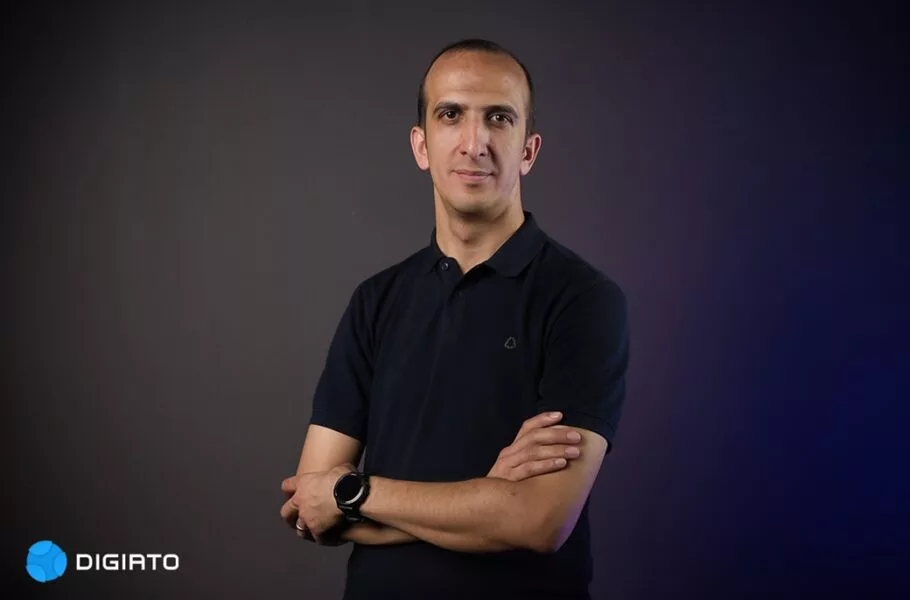
GPS Disruptions Raise Economic, Security Concerns in Iran
Iran faces economic strain from persistent GPS disruptions impacting transportation workers and businesses. Experts warn of possible security risks.
The CEO of Neshan has warned that ongoing GPS disruptions are causing widespread economic issues for thousands of taxi drivers and transportation workers. He added that the problem could escalate into a major security crisis if unresolved.
Economic Impact on Transportation
In an interview with Digiato, Javad Amel highlighted the struggles faced by users of navigation apps. Many have reported severe disruptions to their work, with some expressing their distress emotionally. Amel shared examples of affected individuals, including one woman who called Neshan crying, saying both she and her husband, online taxi drivers, were finding it increasingly difficult to navigate under current conditions.
Amel questioned whether the damage to Iran’s digital economy and livelihoods justifies the goals behind GPS disruptions. He noted that daily life in Tehran has been consistently impacted by these issues for years.
According to Amel, GPS disruptions have led to a 15 percent drop in daily active users on Neshan and a 20 percent decrease in navigation usage through the app.
Broader Implications
Amel emphasized that the disruptions are not limited to online taxi services. Businesses such as online stores delivering packages, restaurants fulfilling customer orders, and emergency services all rely heavily on accurate navigation systems.
He stated that his team has worked extensively to inform users about external GPS interference. This has helped reduce complaints directed at Neshan itself.
Proposed Solution: China’s BeiDou System?
Iran's Deputy Minister of ICT recently suggested replacing GPS with China’s BeiDou system as a potential solution. Amel explained the technical challenges involved in such a transition. He noted that spoofing systems currently send fake signals mimicking all satellite networks, making it difficult for devices to distinguish between real and false signals.
Amel argued that forcing devices to rely solely on BeiDou would require disrupting other satellite signals entirely. This approach would be a step backward technologically, reminiscent of older systems where precise location data took longer to obtain.












